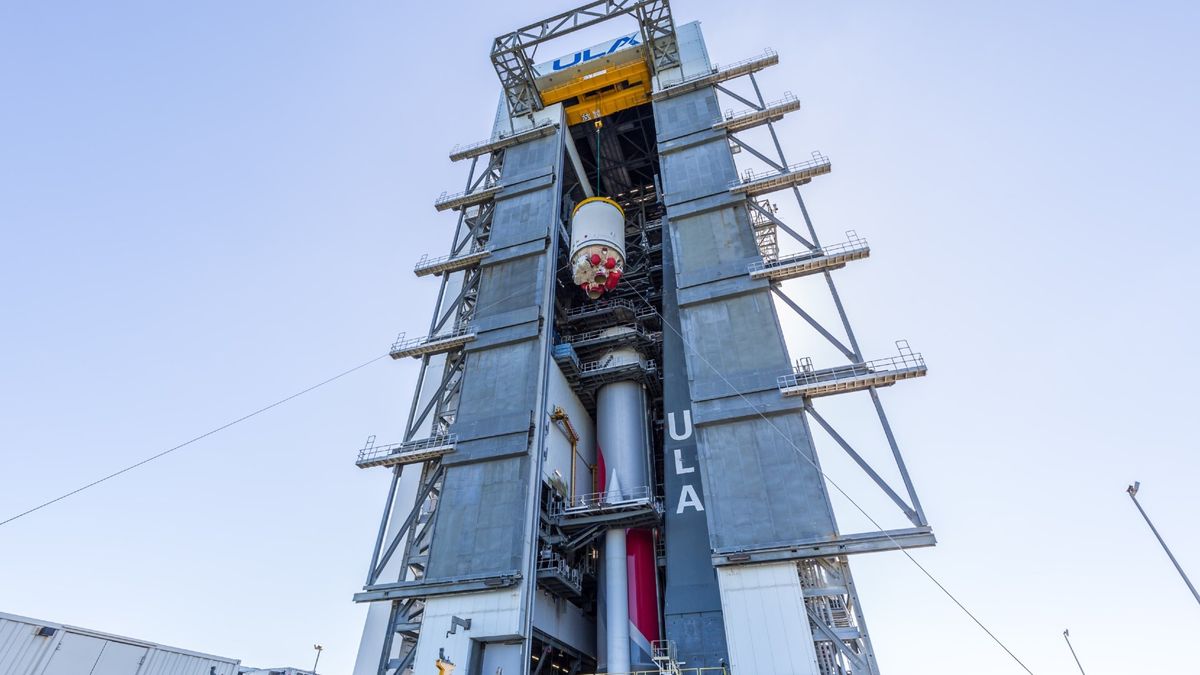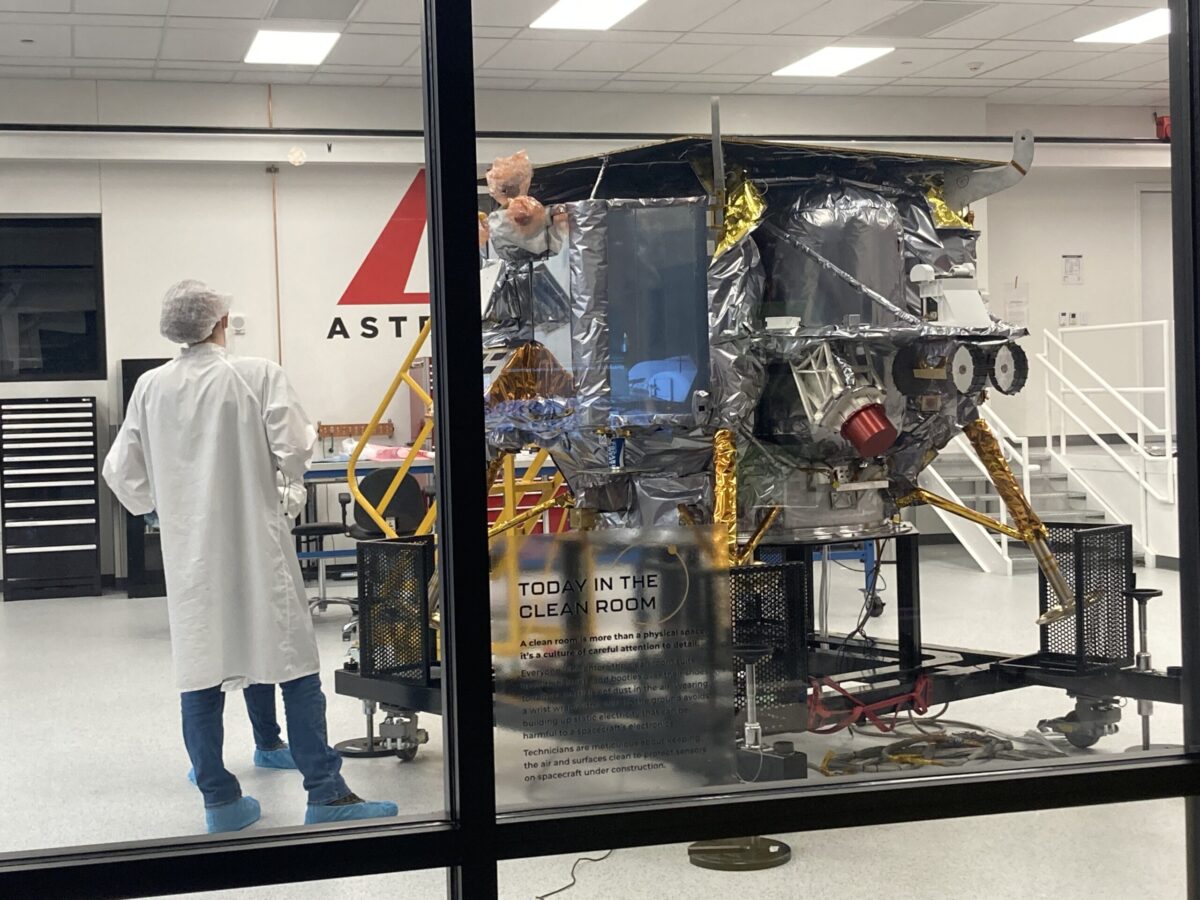Astrobotic’s Peregrine lunar lander is defying all odds by continuing to operate on orbit, with the company expressing “growing optimism” about the spacecraft’s potential to survive in space for a longer duration than initially estimated.
Key Takeaway
Astrobotic’s Peregrine lunar lander, despite facing a fuel leak and initial challenges, continues to operate in space, with an extended estimated operational time, providing valuable data and proving the operational capability of the payloads on board.
Challenges Faced After Launch
Following the spacecraft’s launch in the early hours of Monday morning, engineers encountered issues shortly after its separation from the launch vehicle, United Launch Alliance’s Vulcan Centaur. These issues ultimately revealed a significant fuel leak in the spacecraft’s propellant system.
Extended Operational Time
Despite the challenges, Peregrine has been operational in space for over four days, and the estimated operational time remaining continues to extend. Initially, the spacecraft was reported to have around 36 hours of propellant remaining. However, the company has updated this estimate to 52 hours, as the leak continues to slow.
Data Collection and Payload Updates
Astrobotic has successfully received critical data from many of the payloads on board, including scientific payloads from NASA, the German Aerospace Center, and the European Space Agency. The company has confirmed that it has received data from all of the payloads designed to communicate with the lander and has provided power to the 10 payloads requiring it. The remaining 10 payloads on board are passive and do not require power or communications from the spacecraft.
“These payloads have now been able to prove operational capability in space, and payload teams are analyzing the impact of this development,” Astrobotic stated. “We are proud of the mission team for achieving this incredible feat under such challenging circumstances.”
Implications and Future Prospects
While a soft landing on the moon is currently not feasible, and a shortened lifetime is still expected due to the leak, extending the operational life is undoubtedly a significant achievement for both the Astrobotic team and the payload contributors.

























